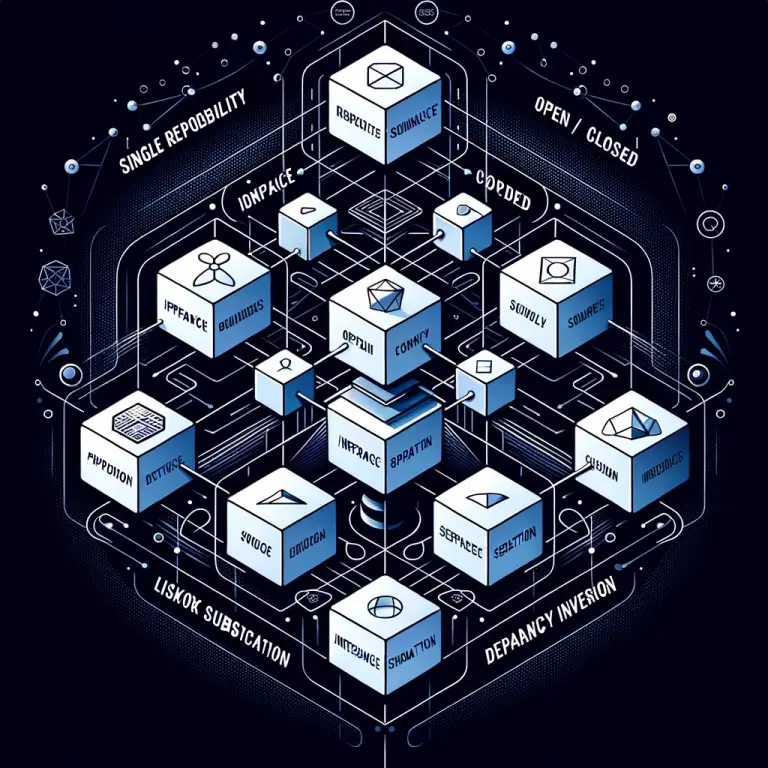Title: Exploring the Realm of Gen AI: Future of Artificial Intelligence
Introduction:
In an era where technology has become an integral part of daily life, AI, or Artificial Intelligence, has emerged as a powerful driving force behind today’s global digital revolution. However, in today’s high-tech world, we stand at the threshold of an even more revolutionary concept known as Gen AI. An advanced form of AI, Gen AI is redefining the dimensions of artificial intelligence in its entirety, opening new possibilities and challenges. This article aims to delve into the depths of Gen AI, sketching its potential impact, implications, and future scope.
Main Content:
Understanding Gen AI:
Gen AI, or Generic Artificial Intelligence, represents the next evolution stage of AI technology. While traditional AI systems are designed for particular tasks, Gen AI systems are developed to comprehend and learn any intellectual task that a human being can accomplish. In simpler terms, Gen AI systems are not limited to unique tasks. They are capable of evolving, learning new tasks, and adapting to new environments, meaning they possess a learning capacity that mirrors human intelligence.
Impact and Implications of Gen AI:
The implications of Gen AI are vast and potently transformative. In the landscape of business, Gen AI can take automation to a new level, driving efficiencies at unprecedented scales. Unlike conventional AI systems, Gen AI can learn and adapt to varying tasks, thereby reducing the need for continuous programming and reprogramming. This could radically alter how businesses approach problem-solving, design, and innovation.
In the social realm, Gen AI has the potential to revolutionize sectors like healthcare, education, and communication. For instance, in healthcare, Gen AI systems could monitor and diagnose patient conditions, learn from new disease patterns, and even suggest treatment plans. In education, Gen AI systems could personalize learning experiences based on a student’s abilities, adapt to new educational techniques, and provide real-time feedback.
However, Gen AI is not without its challenges. Key concerns include ethical considerations, such as violations of privacy, potential job displacement, the digital divide, and a lack of transparency in decision-making processes. Therefore, it is equally crucial to develop regulatory frameworks concurrently that could govern Gen AI’s use and address these concerns.
The Future of Gen AI:
As we move towards an increasingly digital future, the role of Gen AI is set to become progressively significant. Its ability to learn and adapt will be instrumental in handling complex problems and high-value tasks that were previously unthinkable for machines. Moreover, the continuous evolution of Gen AI could lead to a reality where humans and AI coexist and collaborate in an interconnected ecosystem of intelligence.
However, the future of Gen AI will largely depend on how we navigate its challenges and maximize its potential benefits. Ensuring transparency, nurturing an ethical AI culture, and creating an inclusive digital society will be fundamental in shaping a prosperous and balanced Gen AI-driven future.
Conclusion:
In conclusion, Gen AI represents a paradigm shift in our understanding and application of artificial intelligence. It expands the boundaries of what machines can achieve, promising immense potential while also posing daunting challenges. As we stand at the cusp of the Gen AI revolution, it is crucial to strike a balance – leveraging its transformative potential while mitigating its risks. The future of Gen AI is undeniably promising and exciting, and if navigated with prudence and foresight, it can trigger a new epoch in the realm of artificial intelligence.

